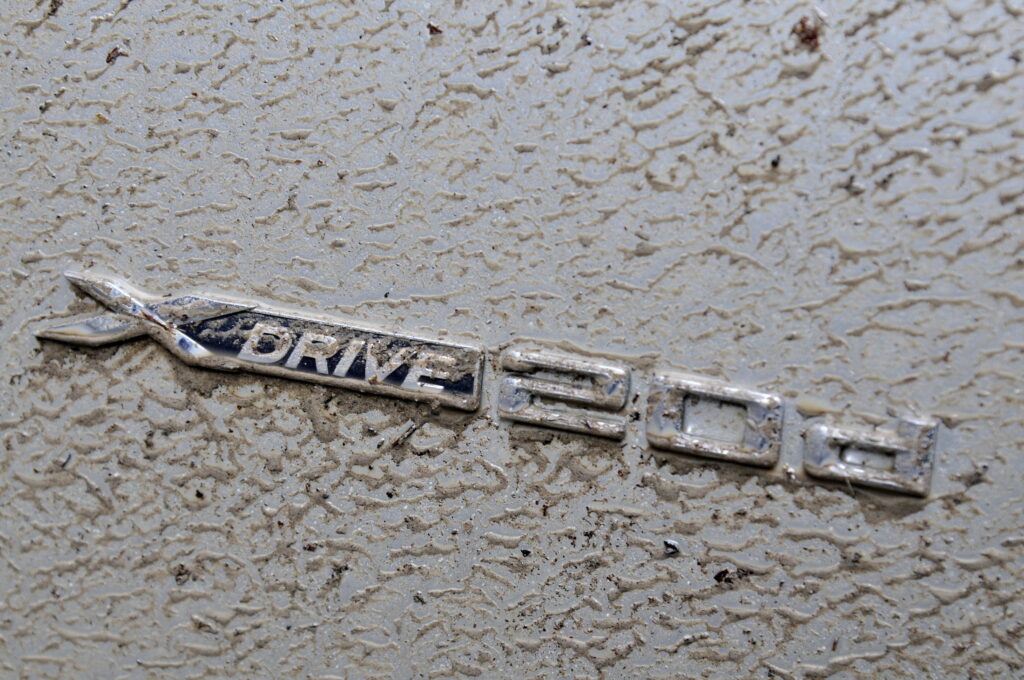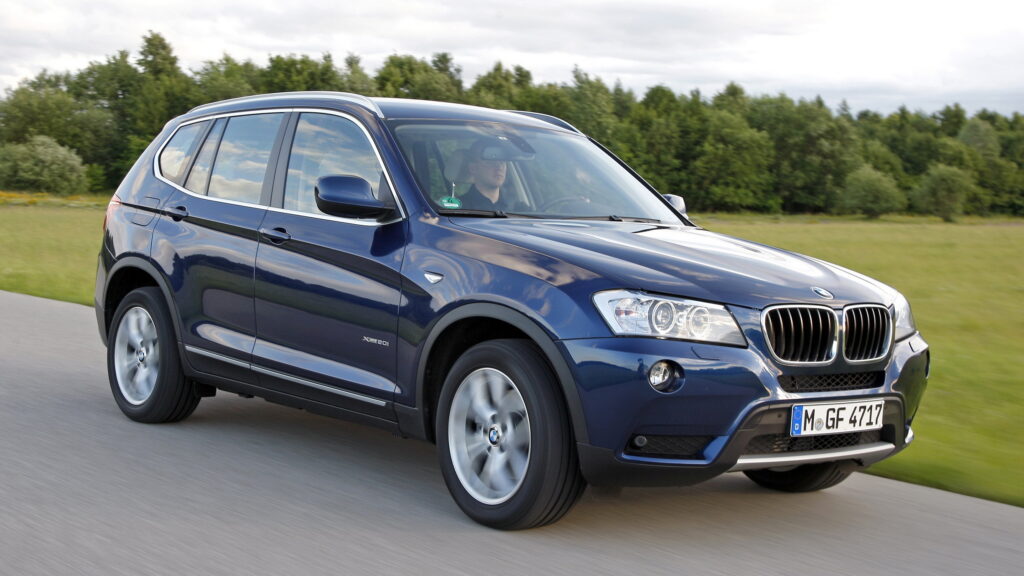Germany’s federal transportation authority, the KBA, has determined that certain F25-generation BMW X3s from the 2010 to 2014 model years used a shut-off device to control the emissions of diesel engines. That, in turn, may have allowed the vehicles to emit more pollutants on the road than were allowed.
As previously reported, the KBA launched its investigation in response to revelations from an environmental watchdog, which discovered that the X3 xDrive20d exceeded legal NOx emissions limits. The watchdog alleged that the vehicle’s emissions control system was manipulated to reduce performance when the air conditioning was activated. This could potentially enable cheating during emissions tests, as automakers typically conduct tests with the air conditioning deactivated.
Now, the KBA has determined that the device exists and that it is impermissible, reports Heise. The authority also found that the vehicles in question reduce the efficacy of their exhaust after-treatment system at temperatures of less than 18 degrees Celsius (64 degrees Fahrenheit), which also flouts German regulations.
More: BMW Under Investigation Over Possible Diesel Emissions Tampering

The KBA has raised concerns about these emissions configurations, stating that the problem impacts 33,000 vehicles in Germany alone. While Germany has taken action against BMW, no other European countries have done so yet. However, if they do, up to 150,000 vehicles may require corrective measures.
BMW said it was complying with all legal authorities, but it maintains that its vehicles’ emissions systems comply with legal requirements. However, it acknowledged a “potential issue regarding the durability of certain components of the exhaust after-treatment” system, as translated from German.
Despite its legal position, BMW has an action plan to remedy this issue, which includes hardware and software updates, according to the KBA. BMW intends to start rolling the fix out this June, in its home market in Germany.
So far, the X3 is the only vehicle that has been identified as being problematic by the German regulator. However, the crossover is equipped with the N47D20 diesel engine, which has been used in several other BMW models. It is not yet clear if this problem is unique to the X3, or will expand from here.




